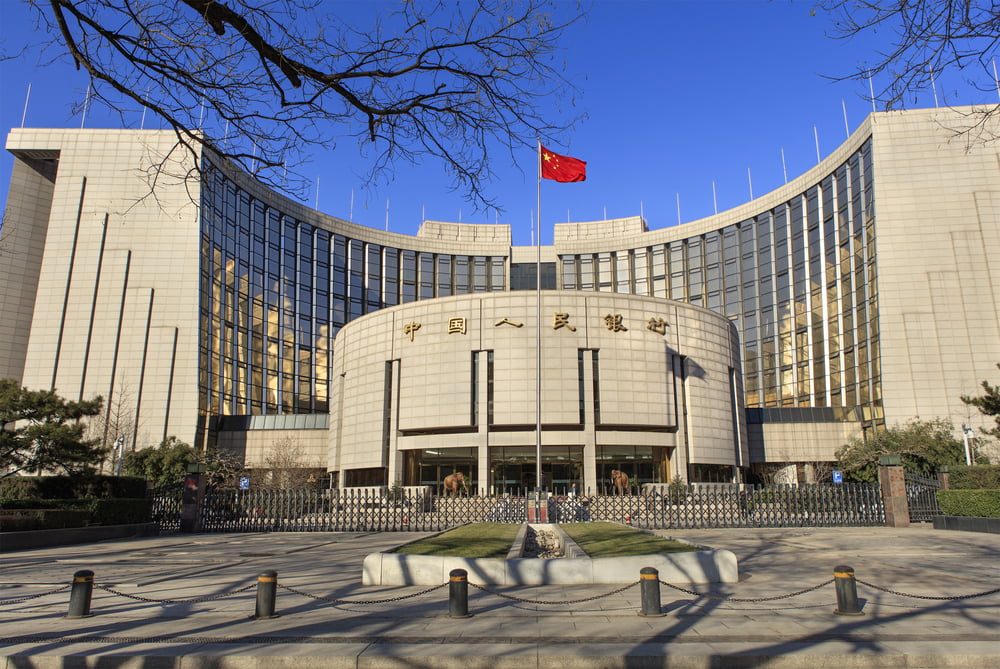The Chinese government appears to be preparing for resumed cryptocurrency trading in the near future through the implementation of licensing programs and anti-money laundering (AML) systems.
China state news agency Xinhua recently issued a statement denouncing cryptocurrency, labeling it a tool used by members of criminal organizations to facilitate illegal activities. The state-endorsed editorial piece by reporter Pan Ye advocates a “zero tolerance” approach to cryptocurrency-related crime, but includes a list of regulatory suggestions that indicate an impending crypto exchange licensure apparatus.
The Chinese government last month imposed a nationwide ban on cryptocurrency exchanges, causing the price of Bitcoin to plummet. As part of an ongoing effort to regulate the troublesome ICO environment, China banned all initial coin offerings and mandated the closure of all but two China-based exchanges. The Bitcoin market has consequently endured a major restructuring, with trading volumes moving from China to nearby South Korea and Japan.
Terence Tsang, the CEO of Hong Kong-based exchange TideBit, commented as follows on the impact of the mainland shutdown of cryptocurrency trade:
“The ban did not stop them [Chinese investors] from buying cryptocurrencies… In the last few weeks, we have seen a lot of mainland customers opening up accounts at TideBit. They still want to play the game. I see a growing need in that they will come to Hong Kong or Singapore to buy cryptocurrency.”
Xinhua has stated that the Chinese government is not unaware of crypto traders using foreign trading platforms to circumvent the current regulations, acknowledging the existence of “regulatory vacuums” that require immediate attention:
“There are still many regulatory vacuums in the field of virtual currency, which require governments and central banks to give enough attention to the regulation as soon as possible.”
The article concludes that incorporating cryptocurrencies into the law necessitates the establishment of a “regulatory framework for virtual currency”, recommending that the central government integrate targeted regulatory measures such as licensing, filing management, anti-money laundering systems and Know Your Customer protocols.
Given the close association Xinhua has with the Chinese government — President Cai Mingzhao currently sits on the Chinese Communist Party’s Central Committee — it’s possible that the editorial piece is indicative of larger regulatory changes.
While there is no concrete evidence that the Chinese government is gearing up to license cryptocurrency, the Xinhua article closely follows the expected “General Principles of the Civil Law of the People’s Republic of China” legislation, which was slated to come into effect on October 1st.
Chinese media outlet Jinse reported last month that the legislation would see cryptocurrencies treated as “virtual property” under Chinese law. If enacted, this legislation could potentially establish OKCoin and Huobi, the only two exchanges currently permitted to operate in China, as components of a select, stringently controlled cryptocurrency oligopoly.

